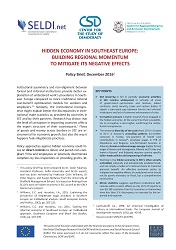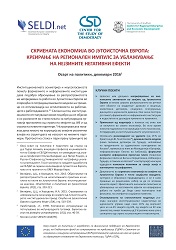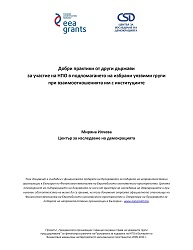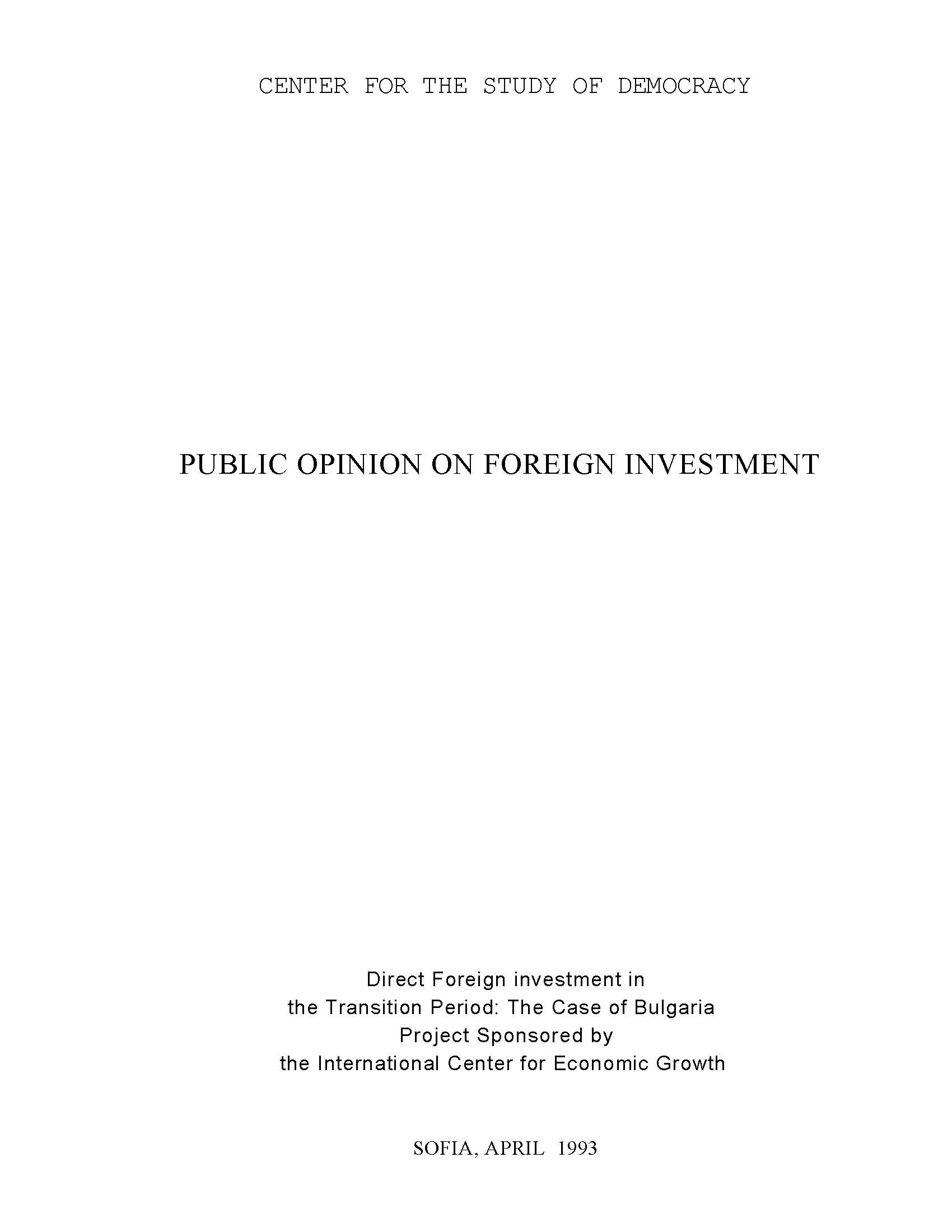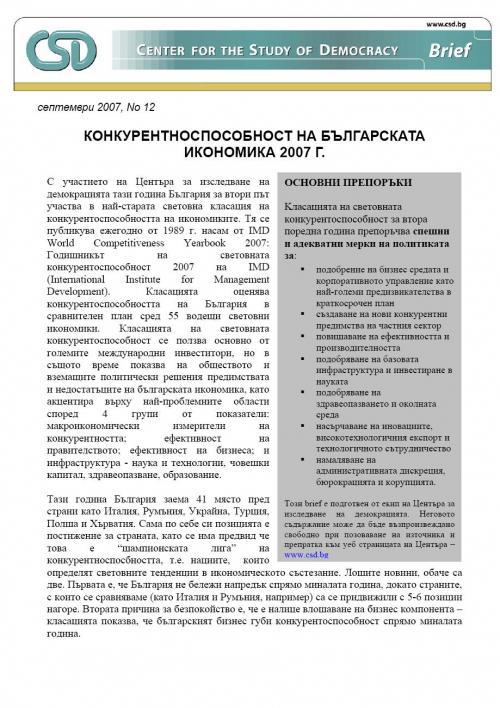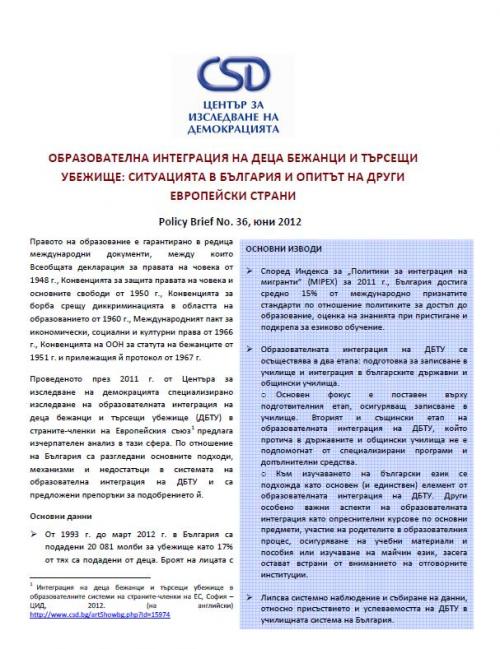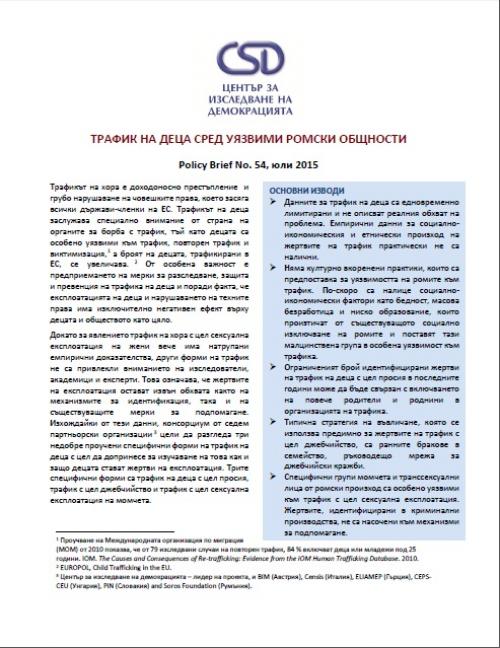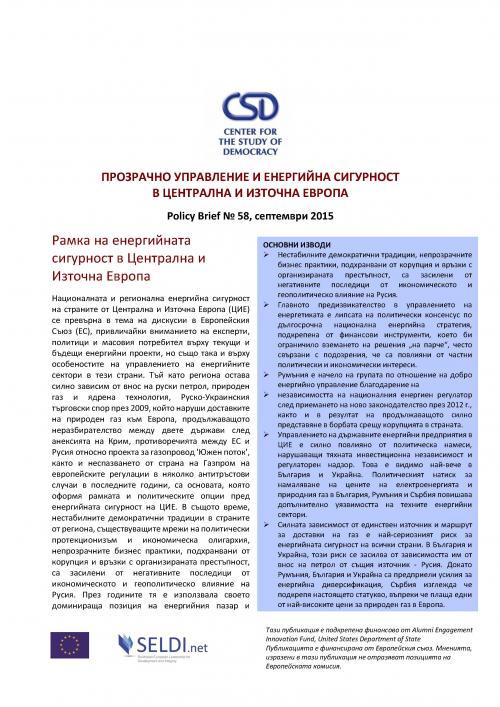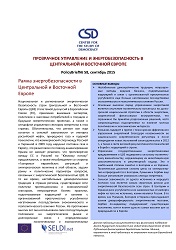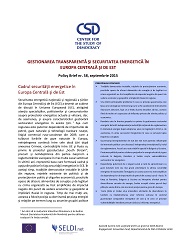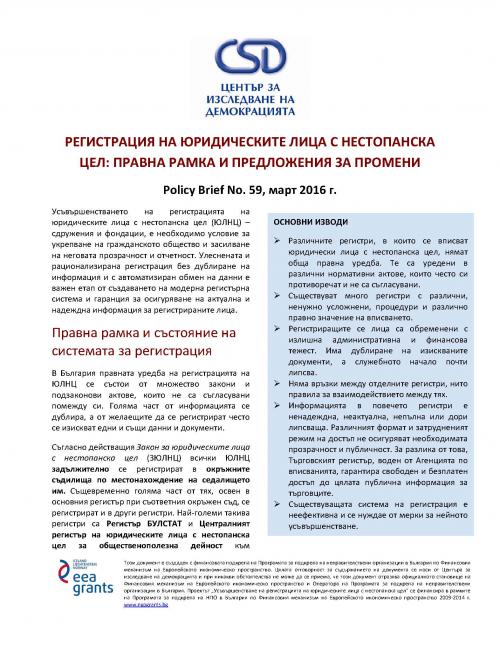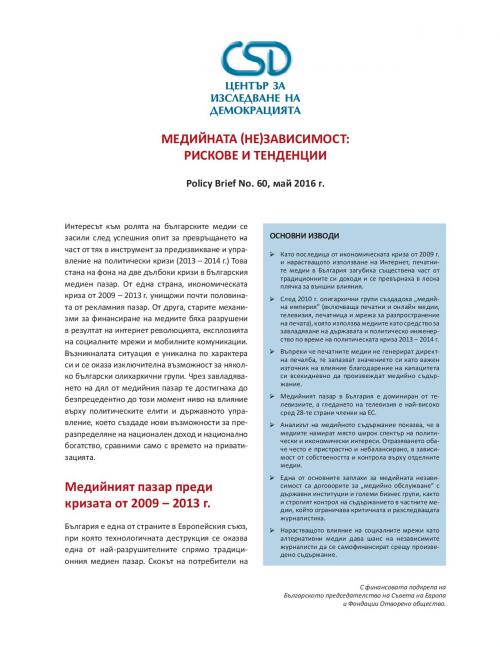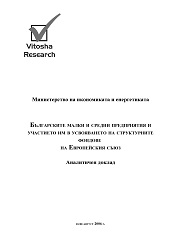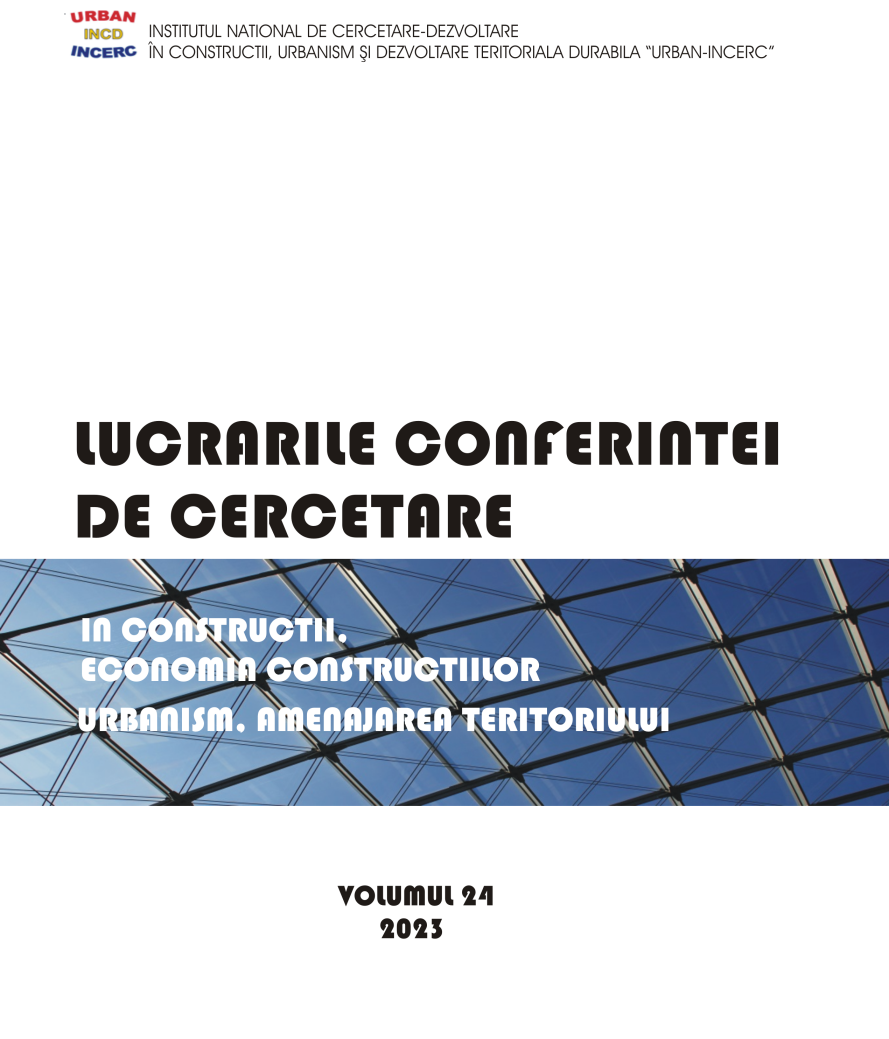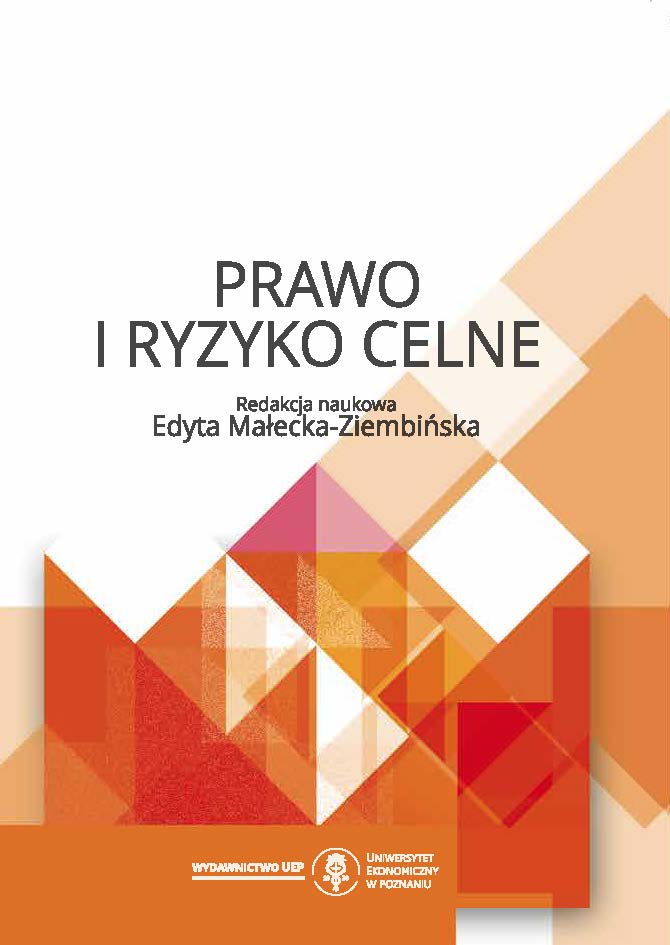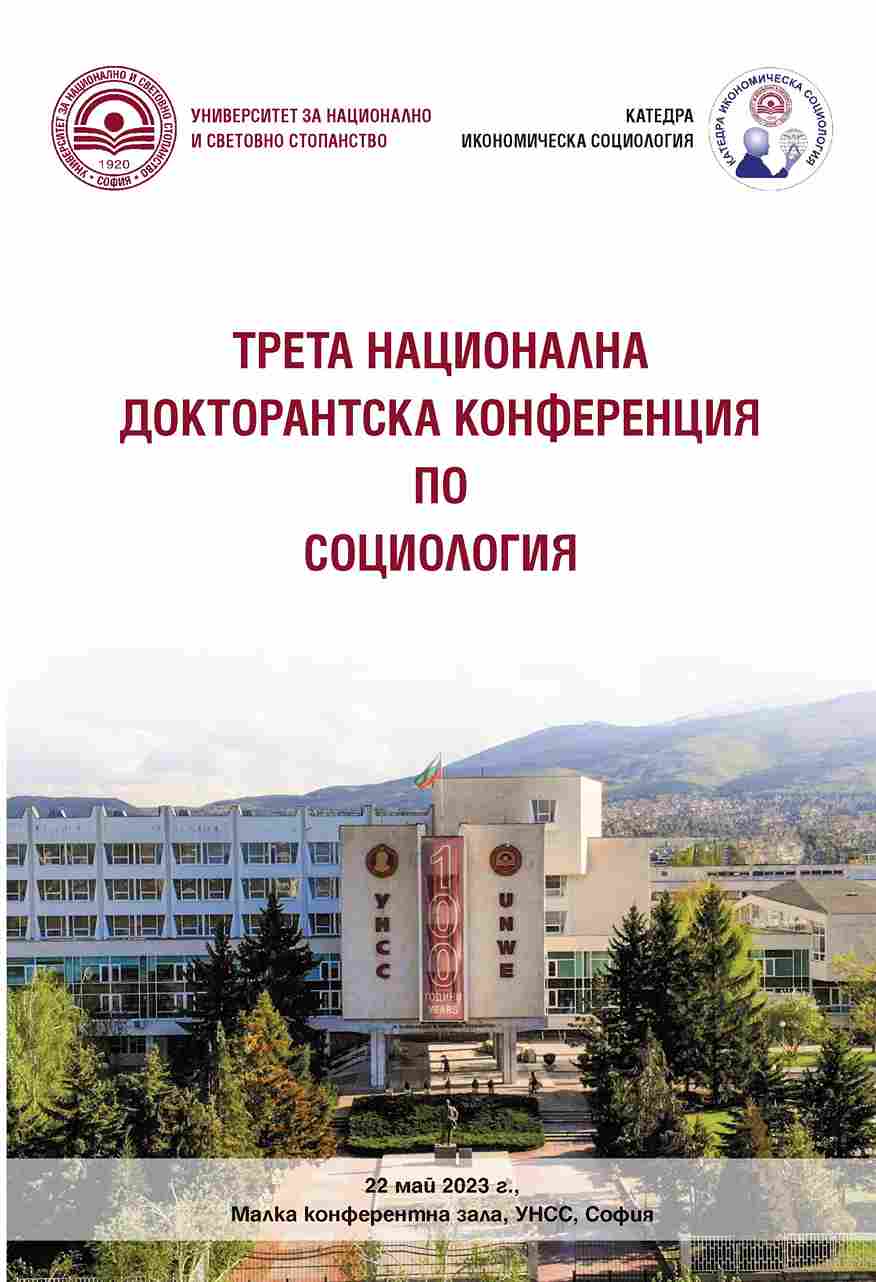
Съдебни протоколи от XVI век за процедурата по определяне на границите на селското землище и екологичната среда в селища от старозагорската каза
Sixteenth century is the time of dramatic expansion and demographic changes for the Ottoman Empire. A certain impact on people's everyday life has the environment and more specifically environment consequences in the means of increasing population, changing patterns of production, transitions from nomadic to settled agriculture communities. The village territory and the peasants' agrarian activities are of great importance for the economic history researchers, ethnologists and scholars interested in the Ottoman Empire and more specifically in the reclamation of the agrarian space. The present paper examines the procedure on fixing the boundaries of the village territory as it was recorded in the judicial records - huccets, included in the detailed (mufassal) defter of 1570 containing information on the vakifs of Pasa sanack. The judicial records refer to the village territories of four settlements - Kul Ibrahim, Sruca Reis, Boazkesen and Hizir bey on the territory of the kaza of Stara Zagora during the 16th century. The examined copies of huccets give detailed information about the two main elements of the village territory - arable lands and pastures, but also provide data on the environment of parts of the territory of the kaza of Stara Zagora.
More...
